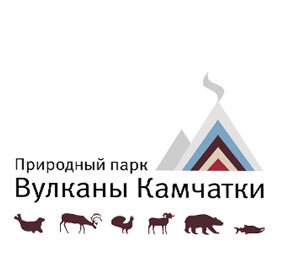
Природный парк Вулканы Камчатки
Елизово, Россия Заповедники и нац. парки
Добровольческая работа – это не только Ваша помощь природной территории, но и уникальный шанс увидеть потрясающую красоту этой земли – Камчатки, познакомиться и подружиться с такими же, как и Вы – интересными, неравнодушными, активными людьми, живущими яркой жизнью, и испытать себя в новом измерении!
Природный парк «Вулканы Камчатки» знают, любят и ценят во всем мире. Территории парка включены в состав объекта Всемирного природного наследия UNESCO «Вулканы Камчатки». У Вас есть шанс увидеть его своими глазами, пройти по его тропам, ощущить мощь и красоту этого уголка Земли!
К участию в программе приглашаются те, кто любит природу и хочет помочь в её сохранении. Добровольцы будут помогать сотрудникам парка выполнять строительные и хозяйственные работы, обустраивать туристические маршруты и экотропы, вести экопросветительскую деятельность и работу с посетителями, заниматься фото- и видеосьемкой.
Вид работ
Добровольческая деятельность в природном парке «Вулканы Камчатки» ведется практически с начала его образования и предполагает работу на базе визит-центров и территориях кластеров «Быстринский» и «Налычево». Организация сотрудничает с добровольцами из разных уголков нашей страны, а также из Европейских государств.
Наши добровольцы участвуют в эколого-просветительской работе. Одним из ведущих направлений деятельности стала помощь в обустройстве территорий парков, разработке и маркировке экологических троп и маршрутов.
Количество мест ограничено.
Условия
Добровольческая деятельность не оплачивается;
Парк не оплачивает добровольцам: дорогу до полуострова Камчатка и обратно, проживание вне территории парка, питание, снаряжение, обувь, одежду, индивидуальные медикаменты;
Парк обязуется организовать доставку добровольца(-ев) на территорию.
Добровольческая деятельность длится от 10 дней и более;
Доброволец заключает с парком Договор о добровольческой деятельности и обязан выполнять предусмотренную в нем работу;
Доброволец обязан иметь действительную медицинскую страховку;
Доброволец обязан пройти в парке инструктаж по технике безопасности и правилам поведения при выполнении добровольческих работ, пребывании на ООПТ и соблюдать эти правила.
При выборе добровольцев парк отдает предпочтение людям, имеющим рекомендации из других заповедников и национальных парков России;
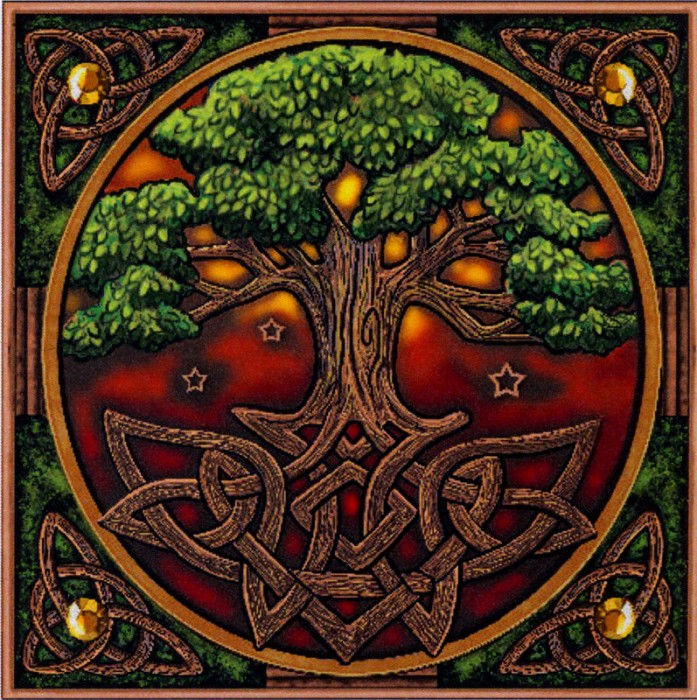
Волонтеры на Эльфийскую Сказку Август Анапа
Анапа, Россия Искусство
Мы рады приветствовать:
- помощники на кухне;
- творческие помощники в создании дизайна и экспонатов;
- сильные и ловкие помощники по стройке;
- встречающие гостей на администрации;
- продавцы на ярмарке;
- следящие за чистотой;
- могущественные блюстители порядка.
Если тебе что-то откликнулось - пиши сюда или в личку @https://vk.com/id155052921, мы очень ждем! 👽❤
Заявки лучше присылать в форме:
Имя
Город
Желаемый вид участия
Номер телефона
Вид работ
Конечно же, работа и ее продолжительность должна быть от Души и по Сердцу) так что указанные данные - примерная формальность)
Условия
По необходимости предоставляется палатка, спальники и коврики. Но желательно всё взять с собой;)
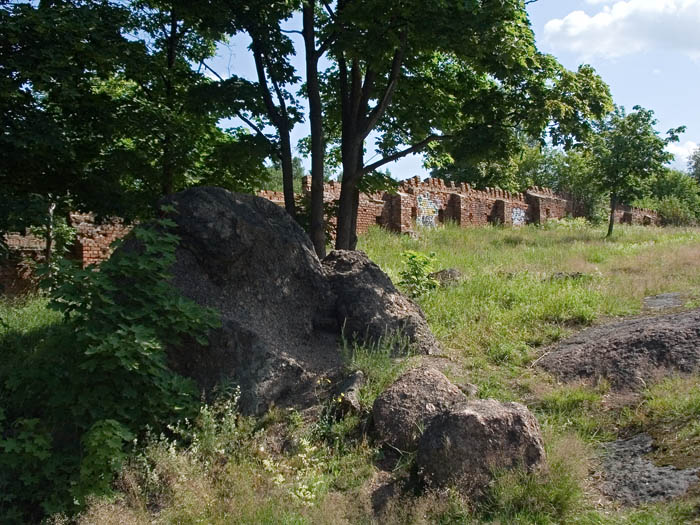
В Выборг за вдохновением! Креативная дача.
Выборг, Россия Другое...
В Выборг за вдохновением. Креативная дача в Выборге.
А у вас так бывало?
Вы одержимы новой идеей или проектом, но вам не с кем его обсудить?
А если вдруг и находится слушатель, то язык как будто каменеет во рту и привычные мысли никак не хотят облекаться в ясные слова и предложения. Или даже если вам удалось справиться с волнением и изложить свою мысль собеседнику, он или вовсе молчит, или говорит что то банальное, не имеющее для вас ценности.
Отсутствие поддержки и обратной связи, постепенно перекрывает ручеек вдохновения, и вот уже с каждым разом все сложнее заставить себя работать над дальнейшим совершенствованием собственной идеи. Нереализованные идеи навязчиво крутяться в голове, а реализовать их уже не хватает сил.
Наверняка с этим сталкивались многие из тех, кто стремится реализовать себя как творческая личность. Сталкивались с этим и мы.
Как же быть?
Для решения этой проблемы мы придумали специальный формат взаимодействия - #креативная_дача
Что это такое?
1. Совместное проживание - обспечивает установление доверительных отношений.
2. Надпроектное взаимодействие - мы вместе работаем над совершенстованием тех навков и направлений, которые необходимы для реализации большинства проектов:
Умение работать с ценностями и смыслами.
Умение упаковывать смыслы в понятные другим слова и образы.
Умение слышать и понимать собеседника и излагать свои мысли самому.
Умение модерировать работу групп.
Умение преодолевать разобщенность, работать с конфликтами и задавать ритм для собственной и коллективной работы.
СПОСОБНОСТЬ ОРГАНИЗОВАТЬ СОТРУДНИЧЕСТВО В ВЫБРАННОМ НАПРАВЛЕНИИ ДЕЯТЕЛЬНОСТИ - ВОЛШЕБНАЯ ПАЛОЧКА XXI ВЕКА!
3. Задание ритма регулярной работы, который за время вашего прибывания на креативной даче вполне может сформировать полезную привычку.
4. Подборка трансформационных психологических игр - помогающих лучше осознать свои и чужие устремления и мещающие им ограничения.
Мы уже сняли для этой цели большую и уютную трехкомнатную квартиру в центре Выборга с видом на живописной парк.
В квартире есть все необходимое для жизни, включая скоростной интернет.
В радиусе 4-5 км - множество достопримечательностей, начиная от старинных замков и крепостей и заканчивая живописными скалами и песчанными пляжами Выборгского залива. В получасе езды на автобусе - озера с прозрачной водой и сосновым лесом, знаменитые Пальцевские скалы.
В проекте могут одновременно принять участие до 4 -5 человек!
Вид работ
Условия участия в проекте
1. Постановка и озвучивание на группу собственной цели на время участия в проекте – что вы хотите сделать, изменить, реализовать за время участия в проекте? Какую помощь или действий ожидаете от других участников?
2. Обязательная совместная программа дачи:
• утренней креативной настройки, это может быть медитативная практика или упражнения на развитие творческого мышления или психологическая трансформационная игра. (занимает от часа до полутора часов времени)
• Вечернего «пау-вау», где мы обсуждаем, что кому удалось сделать за день, составляем планы на следующий день, обсуждаем текущие бытовые вопросы, трансформируем конфликтные ситуации, проводим обсуждения и мозговые штурмы, слушаем выступления, проводим разные игры на сплочение и взаимодействие. Прололжительность 3-4 часа.
Эти мероприятия служат реализации смысловой части проекта, если вы не готовы принимать в них участие, стоит подумать, зачем вы хотите участвовать в этом проекте.
Условия
Проект подразумевает совместную аренду большой квартиры в Выборге. Взнос с участника 4200 руб в неделю(600 р. в день) и компенсирует затраты на аренду и коммунальные услуги.
В квартире есть три изолированные комнаты и холл, большая кухня с электрической плитой, интернет. Окна выходят на живописный парк.
Пищу либо каждый себе сам готовит, либо готовим сообща и можем закупать продукты в Санкт-Петербурге по оптовым ценам.
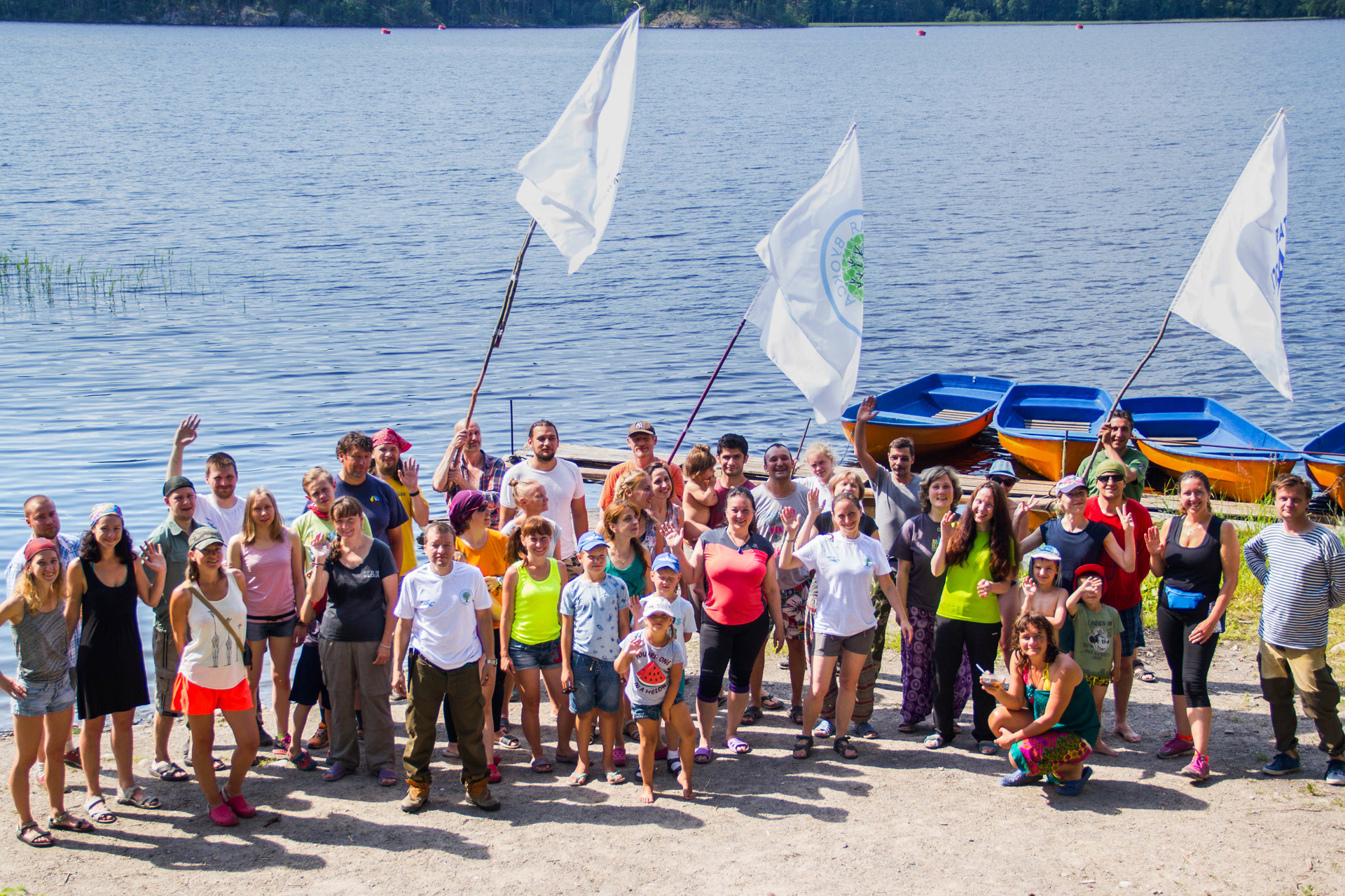
"Чистая Вуокса. Река" - волонтерский лагерь
Барышево, Россия Заповедники и нац. парки
Волонтерский экологический лагерь «Чистая Вуокса. Река». Длительность - две недели. Лодочные эко-рейды каждый день!
Красивейшие берега и острова реки Вуокса ждут наших рук. Каждый день в лагере это большая польза для природы и хороший отдых для волонтера.
День разбит на два блока :
1. Блок «помоги природе» Блок состоит из очистительных и просветительских экологических рейдов - в течении нескольких часов участники собирают и сортируют мусор на островах реки Вуокса или проводят агитационно-просветительские беседы с отдыхающими. В среднем 4 часа.
2. Блок «Отдыха» Блок состоит из свободного времени и развлекательной программы – мастер-классы, лекции, выступления музыкальных коллективов, экскурсии и т.д.
Проживание - палаточный лагерь, трансфер из Санкт-Петербрга до места лагеря и обратно, 3-х разовое питание.
И конечно же - классное настроение, чистый воздух, красота природы и новые друзья!
Деятельность лагеря направлена на повышение экологической грамотности населения и отдыхающих, на ликвидацию существующих и возникновению новых стихийных свалок на реке Вуокса.
25 июл. 2019 г.
Русский, English,
Вид работ
Что будем делать для природы:
- мониторинг стоянок на островах и берегах реки Вуокса (передвижение - на весельных и моторных лодках)
- профилактическая чистка стоянок с раздельным сбором мусора
- установка агитационных табличек
- благоустройство мест отдыха
- общение с отдыхающими
Как будем отдыхать:
- мастер-классы
- обучение
- лекции
- экскурсии
- игры
- кино под открытым небом
Условия
Вы позаботитесь о природе, мы позаботимся о вас:
- трансфер из Санкт-Петербурга до места лагеря и обратно
- трехразовое питание (для веганов - отдельное меню)
- лодки весельные и моторные
- защитные перчатки - самые надежные и крепкие
- рации для связи на воде
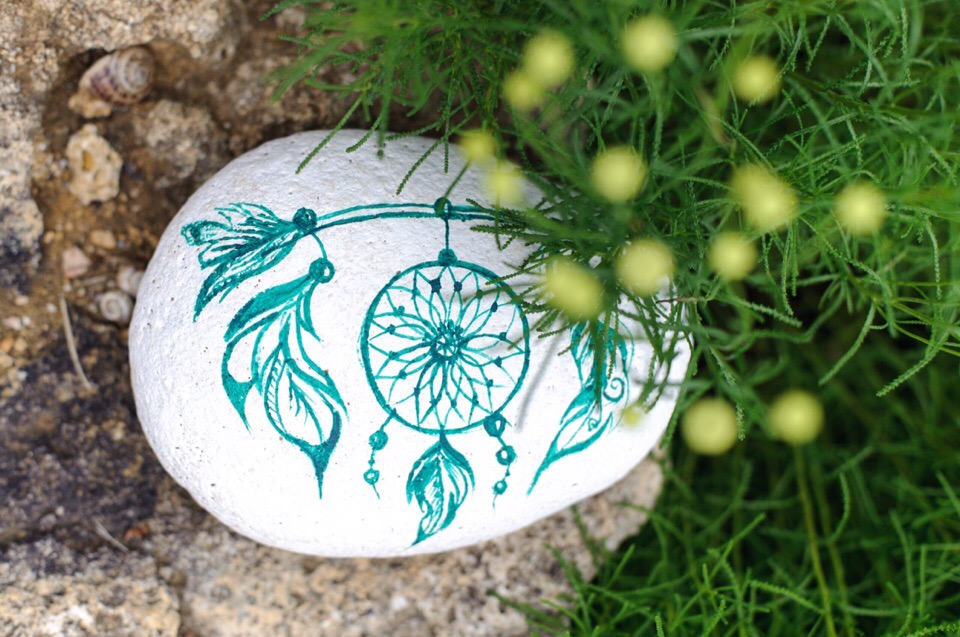
В Йога центре «Сияние» (г. Севастополь, мыс. Фиолент) требуется волонтер няня.
Севастополь Работа в хостеле
Требуется волонтер женщина на должность няни, сроком на неделю, несколько часов в день. Взамен предоставляем жилье и трехразовое питание (вегетарианское).
Вид работ
График максимально свободный, необходимо следить за детьми несколько часов в день.
Условия
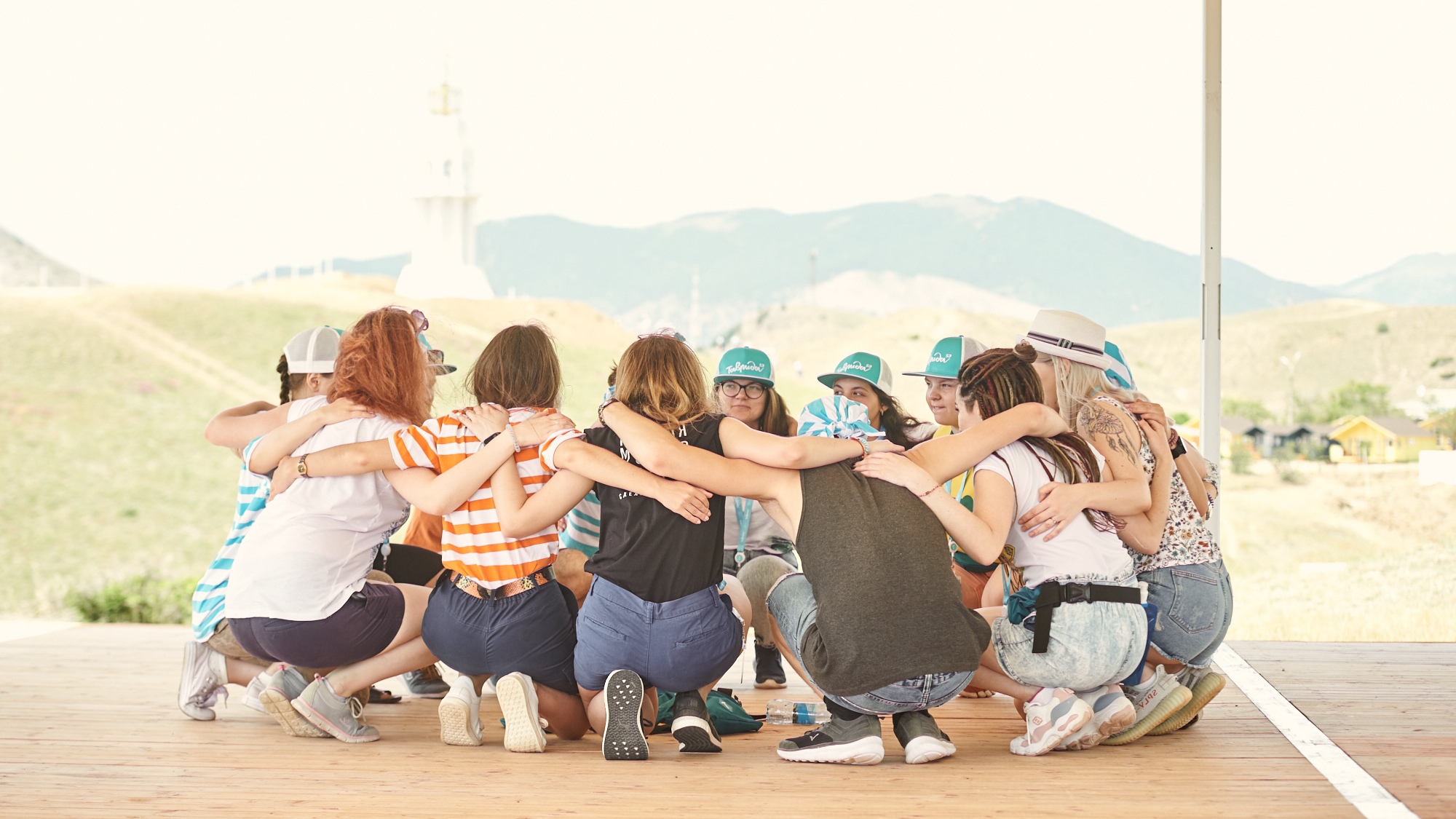
Первый в России фестиваль творческих комьюнити
Судак Искусство
Вид работ
Условия
Доставка из крупных городов ЮФО.
При регистрации на сайте обязательно указание Тим-лидера - Штыбер Анастасия
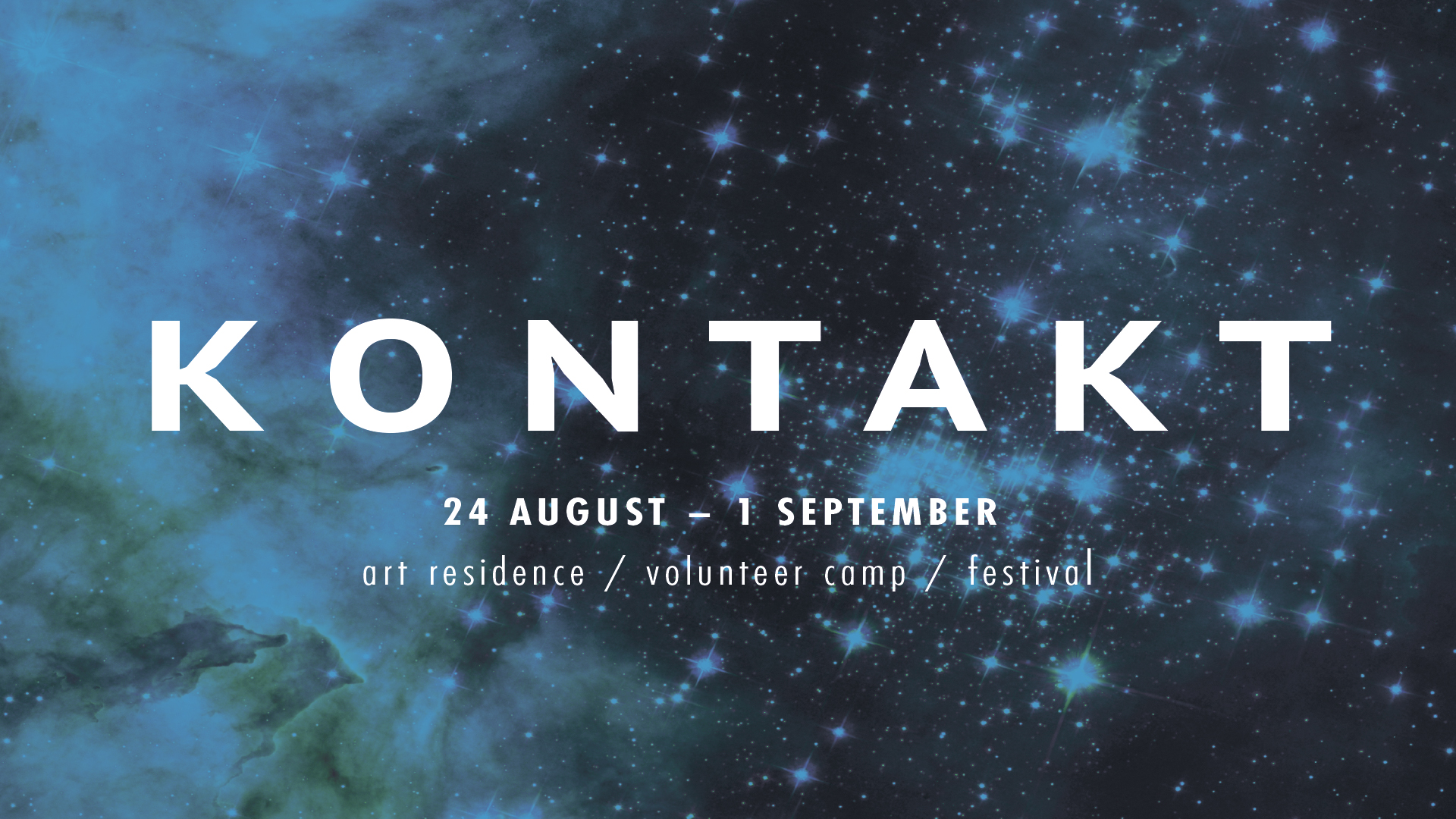
Волонтёрить в Беловежской пуще? Уже реально! Программа KONTAKT (АРТ-РЕЗИДЕНЦИЯ / ВОЛОНТЕРСКИЙ ЛАГЕРЬ / ФЕСТИВАЛЬ)
Каменюки, Беларусь Заповедники и нац. парки
Итогами наших совместных действий в рамках программы станет повышение активности местного сообщества через проведение международного волонтерского лагеря, арт-резиденции и фестиваля с целью поспособствовать устойчивому развитию и сохранению территории национального парка Беловежская пуща.
Контакт между представителями экологических НГО, экспертами из разных областей гражданского активизма, современных художников, урбанистов и местных жителей даст толчок к развитию комфортной инфраструктуры на территории нацпарка с учетом потребностей всех категорий граждан, местной культуры и устойчивых сценариев развития туризма.
Контакт обеспечит участие в мониторингах национального парка независимых гражданских активистов и общественных организаций, заинтересованных в сохранении мирового наследия, что послужит большей мотивацией для руководства нацпарка соблюдать международные стандарты охраны природного наследия и участия местных жителей в деятельности данной особо охраняемой природной территории.
25 июл. 2019 г.
Русский, English,
Вид работ
# Арт резиденция: работа резидентов может быть связана с исследованием локального контекста и территории, так и быть автономной, но ориентирована на интерес во взаимодействии с местными сообществам, сохранение природной и исторической цельности ландшафта.
# Строительство экотропы и профессиональная помощь школе: помощь резидентам в наполнении экотропы и прилегающей территории школы лэндарт-объектами, благоустройство
# Подготовка и организация фестиваля: продвижение, PR фестиваля, техническая, организационная помощь в оформлении площадки, проведении мастер-классов, т.д.
Свидетелями этого события 31 августа станут приезжие гости и местные жители.
В среднем рабочий день составляет 6 часов с перерывом на обед.
В зависимости от погоды и состояния группы распорядок дня может меняться.
Волонтеров ждет выполнение различных работ на экотропе, передвижение на дистанции
2-3 км, работа со строительными инструментами, перетаскивание стройматериалов и другие виды физической нагрузки.
Условия
Варианты участия в программе:
#1. Бесплатно, конкурс для 15 участников которые пройдут отбор. В данном случае организаторы оплачивают расходы на проживание, питание и транспорт.
#2. Платно: принять участие можно оплатив расходы, которые составляют 295 евро (расходы на проживание, питание и транспорт во время программы на территории Беларуси) + 50 евро организационный сбор на человека.
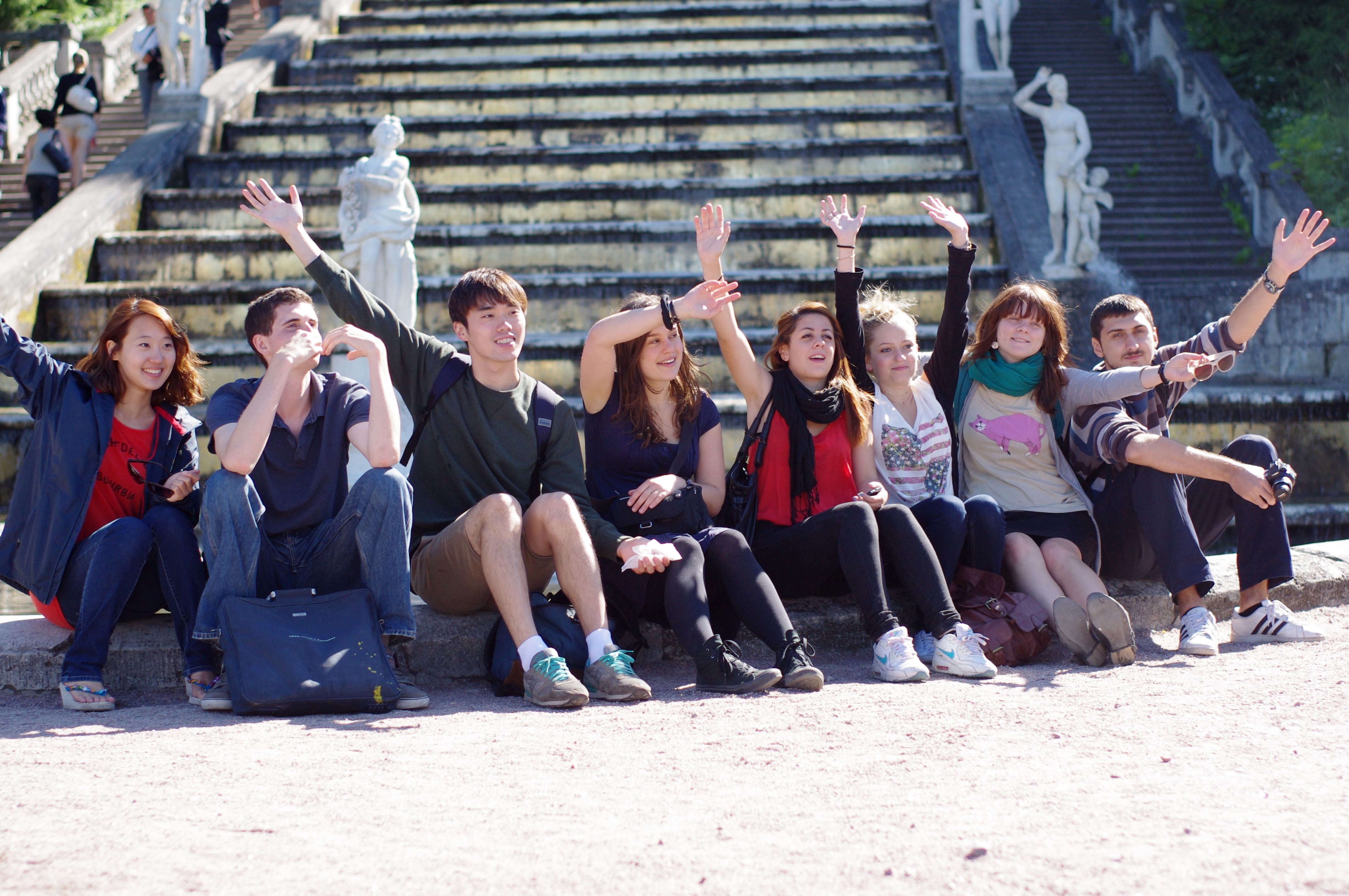
Волонтерский лагерь MT05/19 "Секреты монастырей и усадеб"
Санкт-Петербург, Россия Другое...
Проект: вблизи Санкт-Петербурга сохранилось много объектов исторического и культурного наследия, в том числе монастыри Русской православной церкви. Некоторые их них частично разрушены и сейчас находятся на реставрации. Такие объекты расположены в удивительно красивых местах в окружении нетронутой природы. Наш волонтерский лагерь является уникальной возможностью на время перенестись в мир истории и загадочной атмосферы православных монастырей. Во время работы лагеря волонтеры смогут посетить несколько известных монастырей и поработать на различных объектах, таких как величественная Александро-Невская лавра в Санкт-Петербурге, Оптинское подворье и др. Не меньший интерес представляют загородные усадьбы, среди их владельцев были самые выдающиеся представители российского общества того времени, такие как Врангель, Репин, Рерих и др.
24 июл. 2019 г.
Русский, English,
Вид работ
Работа: волонтеры проведут несколько дней, работая в православных монастырях Санкт-Петербурга и его пригородов. В их обязанности будут входить сбор овощей, помощь монахам, восстановление зданий монастырей и облагораживание парковых территорий. Часть работы будет проведена в центре Санкт-Петербурга, в доме, где жил великий художник. Видео об одном из лагерей прошлого года можно посмотреть по ссылке: https://www.youtube.com/watch?v=48e2n76wtd8.
Особенностью данного лагеря является его мобильность: волонтеры будут работать на разных объектах и в процессе работы смогут любоваться прекрасными видами парков и садов, окружающих старинные монастыри. Этот лагерь также является отличной возможностью познакомиться с близкими по духу людьми, вдохновленных идеями волонтерства, и ощутить себя частью волонтерского движения, стремящегося сохранить уникальные объекты всемирного наследия по всему свету.
Условия
Условия проживания: принимающая организация предоставляет базовые условия проживания и питания. Волонтеры будут жить в историческом центре Санкт-Петербурга в специальной комнате для волонтеров, оснащенной всем необходимым (душ, кухня, место для общения). Волонтеры будут готовить еду самостоятельно, поэтому есть возможность попробовать любимые блюда волонтеров из разных стран и регионов России.
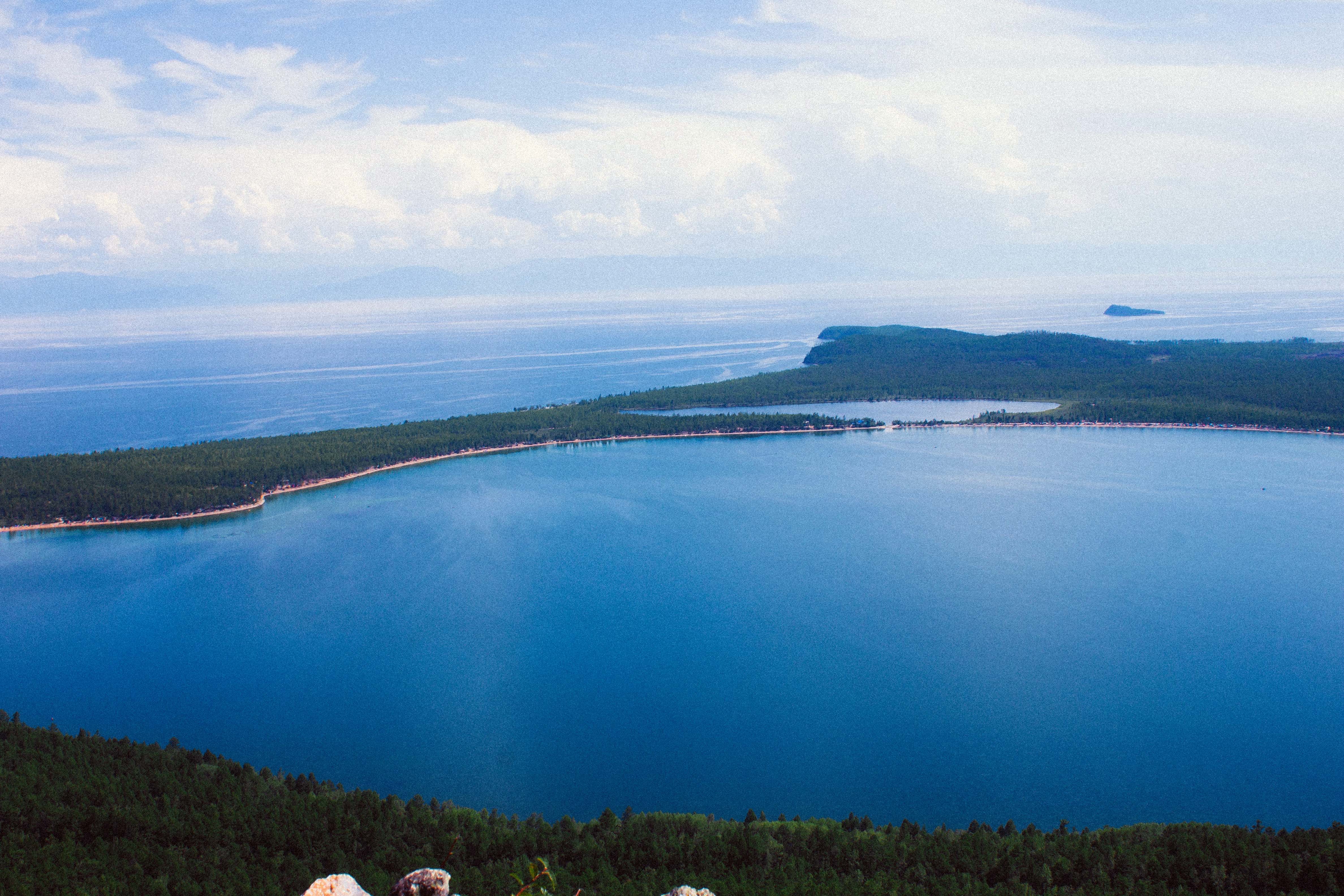
ББТ: Северными тропами
Северобайкальск, Россия Заповедники и нац. парки
Транзитный проект ББТ "Северными тропами".
Сроки проведения: 1-14 августа (14 дней)
Место проведения: Россия, Республика Бурятия, северо-западное побережье озера Байкал, Северобайкальск – Слюдянские озёра
Языки: русский, английский
Условия проживания и питания: Проект пройдёт в режиме многодневного похода. Участники идут по тропе с рюкзаками, несут личные вещи, общее снаряжение, продукты и инструменты. Палаточные лагеря устанавливаются недалеко от места работы в зависимости от необходимых видов работ. По установленному бригадиром графику дежурств, участники будут готовить еду на костре для всей группы и обустраивать лагерь.
ББТ закупает продукты на две недели, а также предоставляет необходимый групповой инвентарь, посуду для приготовления пищи, инструменты, палатки (одна палатка на двоих).
В команде обязательно есть лидер (бригадир), организующий работу волонтёров и жизнь группы в лагере, и переводчик, обеспечивающий коммуникацию между участниками и организующий культурно-массовую программу на проекте.
В зависимости от погоды и состояния группы бригадир имеет право менять распорядок дня. В среднем рабочий день составляет 6 часов с перерывом на обед.
Для участия необходимо заполнить анкету. Пишите в сообщения группы.
Вид работ
Долгосрочная цель проекта: Развитие познавательного, экологического и социально-ответственного туризма на Северном Байкале.
Значимость маршрута: Когда началось строительство БАМа и города Северобайкальска выяснилось, что в устье реки Тыя была старая деревня Тыя, прекратившая существование в середине 20 века, после расселения деревень в связи с подъёмом уровня воды в Байкале при строительстве Иркутской ГЭС. Отсюда и начнется новая тропа, которая соединится с уже построенной тропой на Слюдянских озерах.
Предварительный объём работ: Проект проходит в режиме многодневного похода.
На каждой стоянке волонтёры живут 2-3 дня и занимаются разноплановым обустройством тропы. Виды работ – расчистка коридора тропы, маркировка маршрута, строительство малых архитектурных форм, установка информационных щитов.
Условия
ББТ предоставляет:
- Трансфер Северобайкальск – Тыя
- Трансфер Слюдянские озера – Северобайкальск
- Проживание в хостеле в Северобайкальске в последний день проекта
- Бригадира
- Переводчика
- Групповую аптечку. (Внимание! Если у вас имеются хронические заболевания или вам необходимы определенные препараты, – пожалуйста, возьмите их с собой)
- Продукты, а также необходимый групповой инвентарь, инструменты, палатки (одна палатка на двоих).
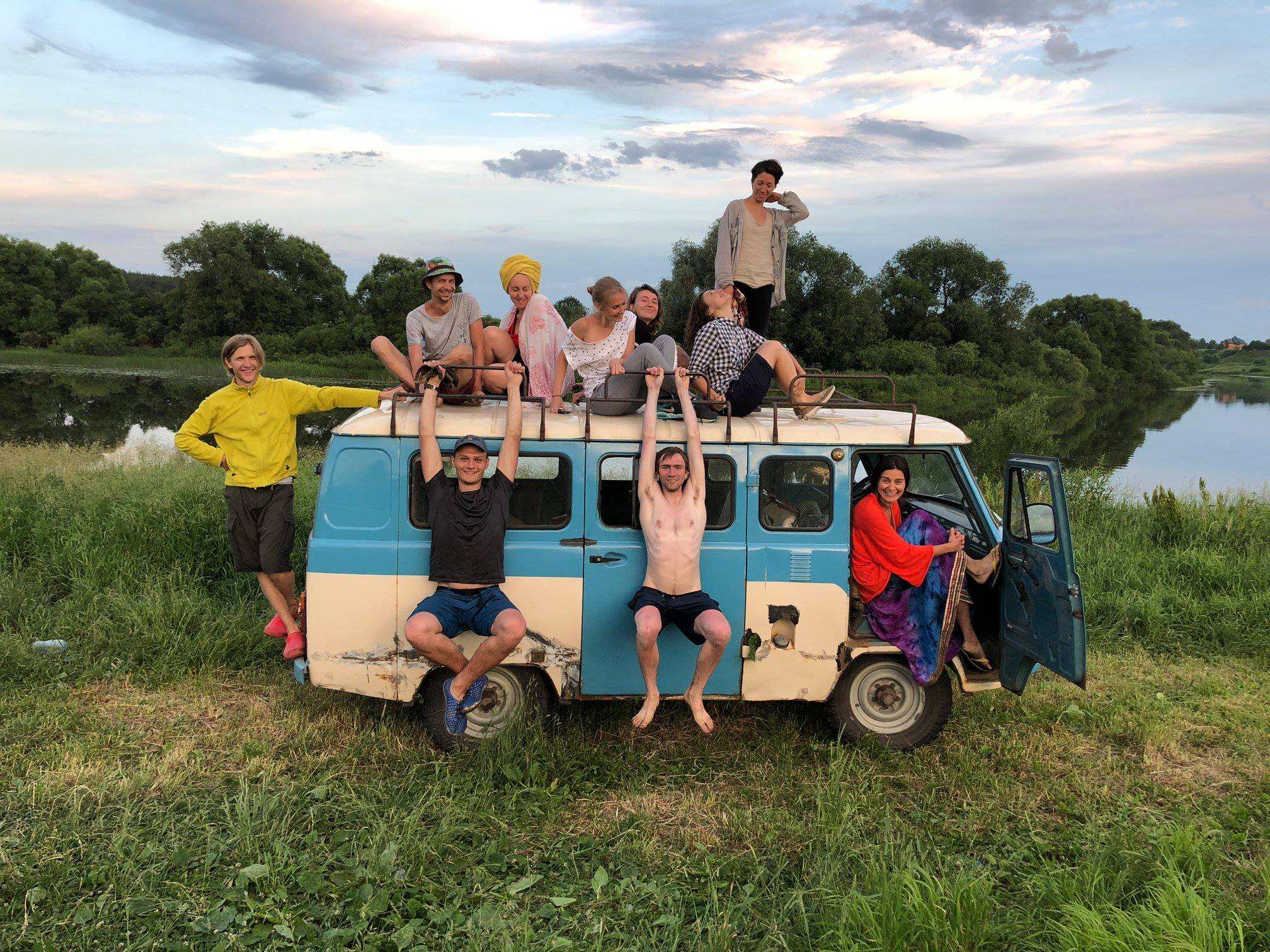
Арт-биеннале "Человек Мира" во Владимирской области
Улово, Россия Искусство
Друзья, нам нужны волонтеры для очень интересного дела - мы создаем вместе с крутыми художниками и скульпторами из разных городов и стран арт-объекты для проекта "Река Мира" @reka.mira.club и Фестиваля "Человек Мира". Эти объекты будут стоять на водном маршруте под
Суздалем, а мы будем жить в невероятно живописном месте в кемпинге на природе🏕 Стройка начнется 12 июля и завершится 27 июля. Можно приехать на одну неделю или сразу на две. Мы будем строить, красить, таскать и даже что-то переплавлять. Обещаем душевные вечера и вкусную еду! А еще классные свитшоты ;)
Присоединяйтесь!
О нас:
https://www.facebook.com/Reka.Mira.Club/
http://festival-mira.com/4/
Вид работ
Условия

 Поиск по карте
Поиск по карте  Отзывы волонтеров
Отзывы волонтеров  Проверенные хосты
Проверенные хосты  Быстрая заявка
Быстрая заявка 
 База волонтеров
База волонтеров  Отзывы о волонтерах
Отзывы о волонтерах  Много заявок
Много заявок  Квалифицированные волонтеры
Квалифицированные волонтеры 

 Олеся Нестерова
Олеся Нестерова  Лада Германовна
Лада Германовна  Александр Кольский
Александр Кольский  Мстислав Жиляев
Мстислав Жиляев  Алина Иноземцева
Алина Иноземцева  Анастасия Штыбер
Анастасия Штыбер  Дмитрий Пылыпив
Дмитрий Пылыпив  МИР ТЕСЕН
МИР ТЕСЕН  Ассоциация Большая Байкальская Тропа
Ассоциация Большая Байкальская Тропа  Наташа Гусева
Наташа Гусева